Awareness Month May: Climate Needs Equality – Climate Change Cannot Be Solved Without Women
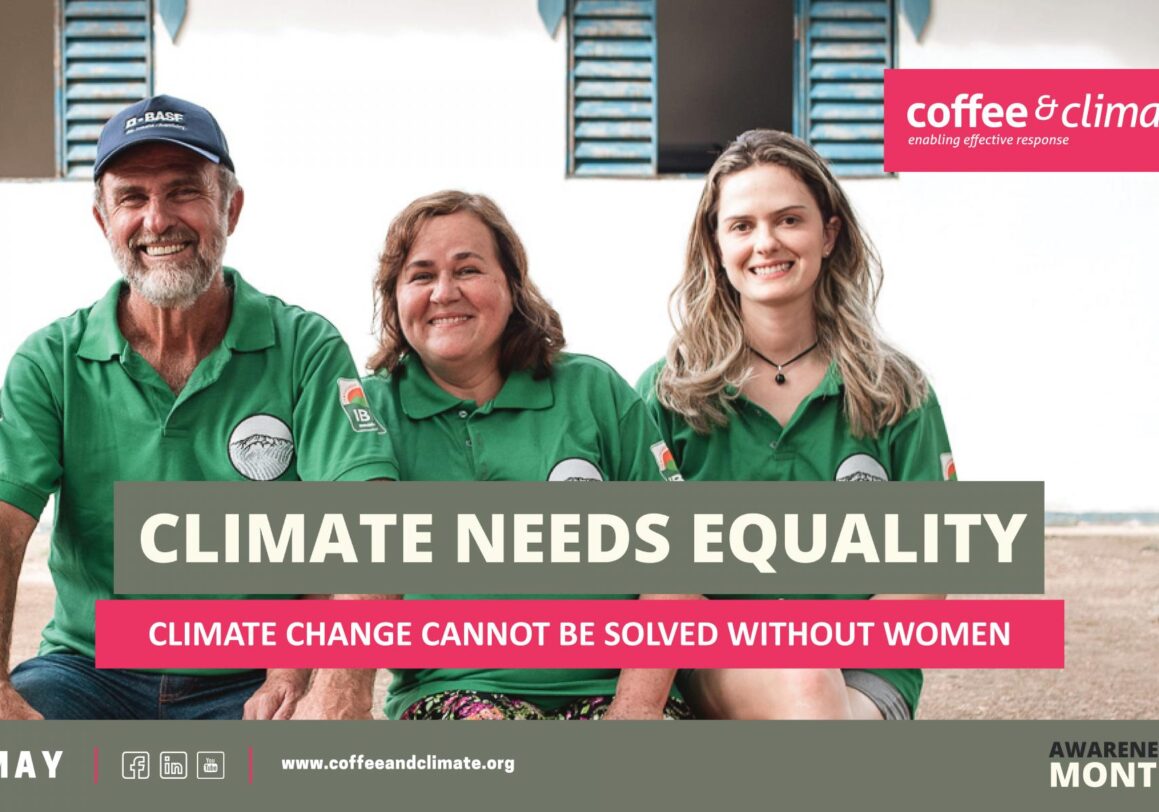
Welcome to our Awareness Month May: “Climate Needs Equality – Climate Change Cannot Be Solved Without Women”. Throughout the whole month, we are going to present you numbers and facts, success stories, expert opinions and firsthand insights on the topic of gender and climate from several coffee growing regions in the world.
All actors in smallholder coffee farming communities commonly face the impacts of climate change in their daily lives, such as unpredictable weather, floodings and droughts, and increasing pests and diseases that put their agricultural production at risk. But we also observe inequality day by day: Women face additional challenges and they are more vulnerable to certain effects of climate change than men.
Women are more vulnerable to the impacts of climate change than men.
Women in coffee-growing households typically carry extraordinarily heavy workloads and perform tasks that put them at a disadvantage: They are taking care of the children, the household, and the family’s daily needs. They typically contribute to 60-80 % of the work in the family’s coffee and food crop production (1). And they are in charge of collecting water and firewood for cooking and household use. These chores put them right on the front lines of encountering climate change associated issues such as rising temperatures, droughts coming with water scarcity, and the reduction of forest cover. This is not only increasing their workload and stresses their health but also puts them in physical danger as they must walk long distances far from the community.
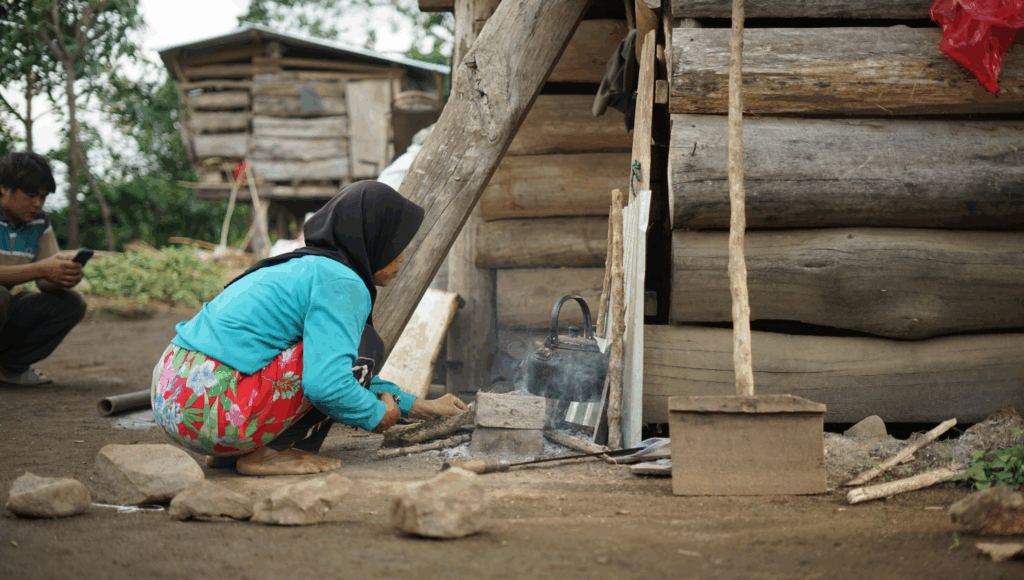
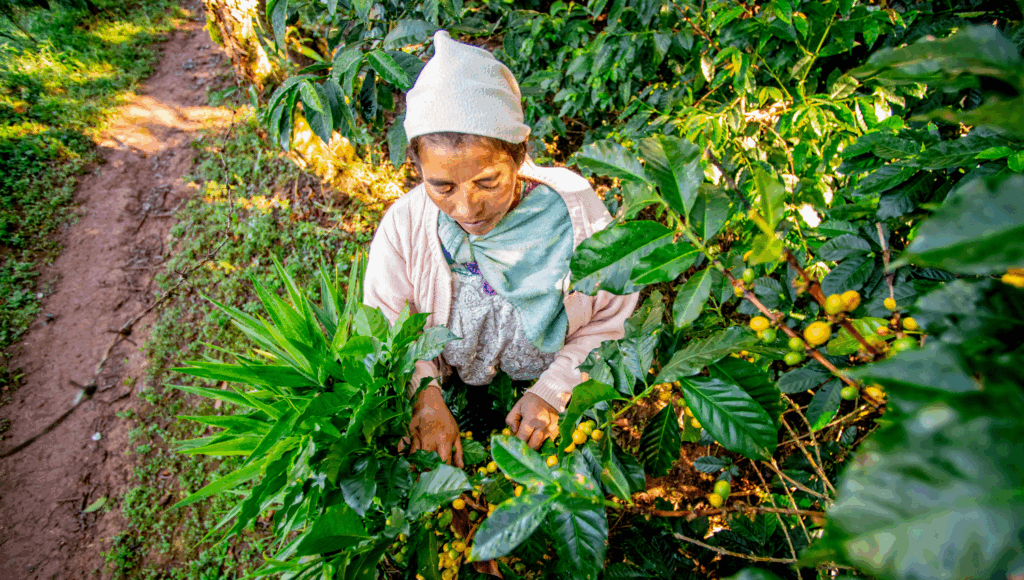
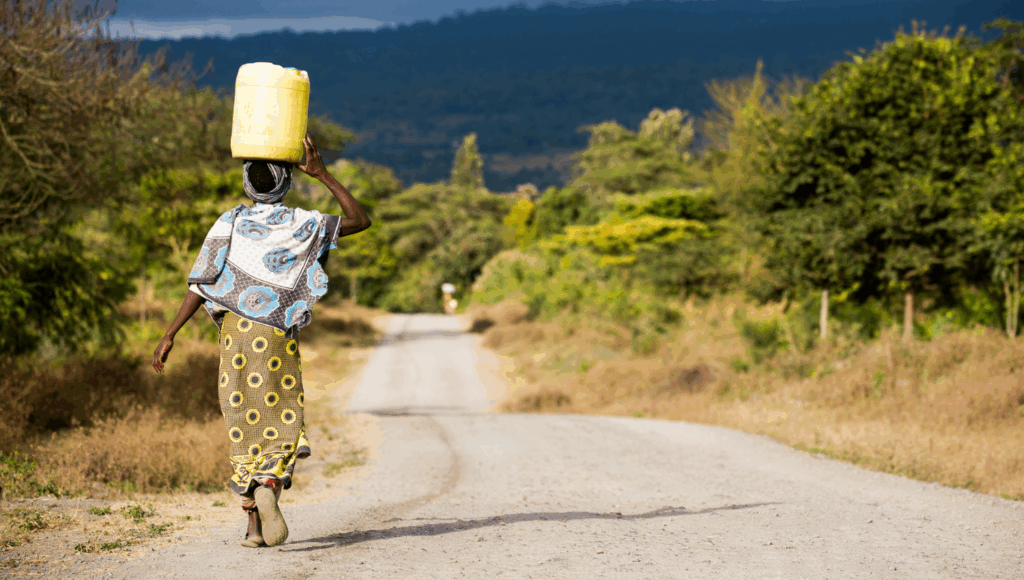
Women’s high workload also binds time capacities. Combined with oftentimes a lower level of education and patriarchal norms and traditions, this keeps them from participating in trainings, engaging in community groups, schooling and income generating activities, and constrains their decision–making power. At the same time, women often have limited access to and control over money. All this reduces their ability to manage the impacts of climate change and makes them less resilient to climate stresses and shocks. And what’s more: It makes it hard for women to escape their disadvantage position.
But women are also part of the solution.
Although women are more vulnerable to the impacts of climate change than men, on the contrary, they also have the power to effect change. Studies show that the least gender-equal societies are often the most vulnerable to climate change (2). At the same time, improvements in gender equality obviously contribute to climate resilience. If given the chance to attend training on climate-smart practices, women generally adopt climate-smart farming practices quicker than average. Women who are included in household decision-making improve household expenditure by investing in time-saving and climate-smart technologies. Taking on leadership of farmer organizations, women oftentimes positively influence and affect policies so that more women become members and participate in activities and training on climate-smart practices. Gender equality is therefore crucial – not only for women but for the society as a whole, especially when it comes to addressing climate change. We need to recognize the value and great potential of women for climate action. A potential that still stays untapped to a large extent because of gender inequality.
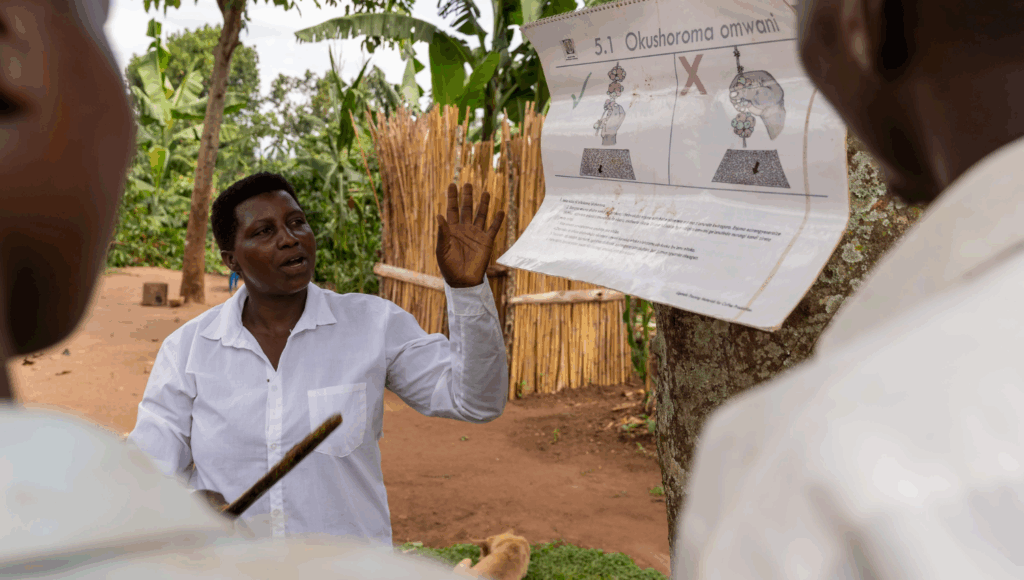
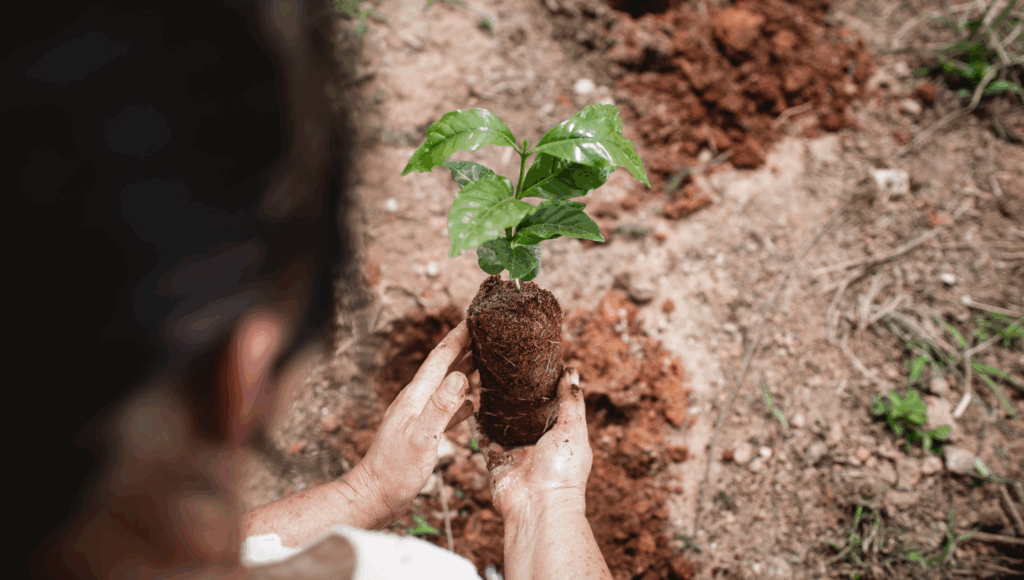
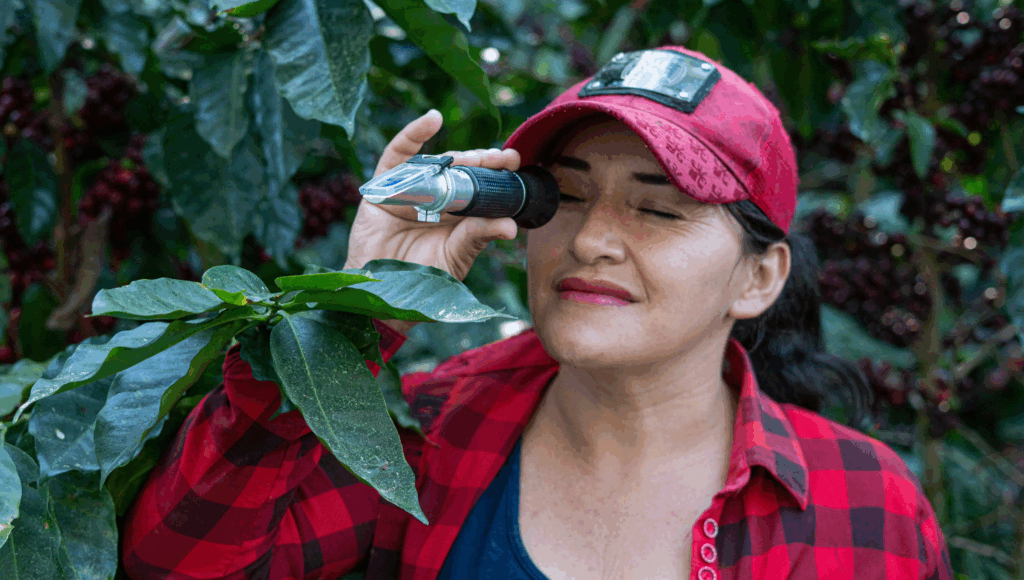
Climate action cannot be successful if it does not involve women.
In the next weeks, we are going to present you examples of how gender inequality in coffee growing regions can be tackled. We show you how empowered women in coffee growing communities contribute to responding to the effects of climate change and even mitigating it. Also, we demonstrate that coffee cultivation offers a chance for women to escape poverty, take on leadership roles, and become more resilient to climate change.
(1) https://www.oecd.org/dac/gender-development/46460857.pdf
(2) Marina Andrijevic, et al. (2020). Overcoming gender inequality for climate resilient development. nature communications.